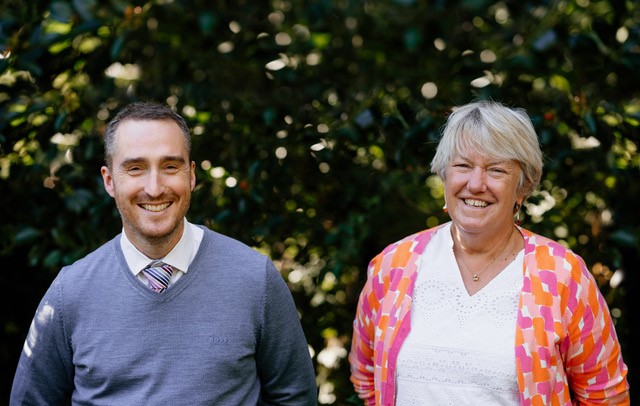Self-employed dentists should choose their accounting method with care
Promotional FeaturesPosted by: Dental Design 27th November 2023

A significant change to the way that self-employed individuals can manage their accounts is due to be introduced in the Autumn Finance Bill. While it might make life simpler for some dentists who operate as sole traders or as a partnership, Nathan Poole and Linda Giles of Ross Brooke Dental warn it could pose a risk for the unwary, who may inadvertently pay more tax or misconstrue their financial situation.
From April 2024, the majority of self-employed people will be able to use the ‘cash-based’ method of accounting, a system which recognises income and expenses only when money changes hands. Currently, there are restrictions on who can use the system.
Chancellor Jeremy Hunt announced in his autumn statement on Wednesday (Wednesday Nov 22) he would be introducing legislation to remove those restrictions for self-employed individuals. Specialist dental accountants Nathan and Linda recognise the cash-based method has some advantages – it is in essence simpler – but there are some possible risks. They believe that dentists who suffer from clawback on their NHS contracts could pay more tax than necessary at an earlier date than if they continued to recognise the clawback liability under accruals based accounting.
Dentists who get significant upfront payments, such as orthodontists or high-end private dentists, can get a distorted picture of their finances using the cash-based method. For instance, their accounts may look very healthy, because they have been paid up-front but not yet done all the work.
Nathan and Linda will be advocating to their self-employed clients – about 50% of their total number of dentist clients – that they elect to stick with accrual accounting, because it provides a more accurate picture for themselves and other users of their financial information.
Nathan said: “Accrual accounting provides a better view of the health of a business by including accounts payable and accounts receivable. We worry that some dentists will opt to move to the cash-based approach and, if they are not well advised, will get a false impression of their profit levels.”
Linda added that in addition to allowing individual dentists to misconstrue their profits, cash-based accounting was open to manipulation – the timing of income and expenditure either side of the year could be used to distort the true picture. She could foresee problems when the cash-based system had been used by a practice that was on the market. More onerous due diligence would be essential because there could be debts that were invisible to the buyer.
The main headline of the autumn statement, namely the reduction in NIC for employees and the self-employed is welcome, they say, but the increase in the national minimum wage will mean that practice-owners are likely to find they will be under pressure to put up wages across the board when paying more to newer members of the team on the minimum wage. It will be important to ensure such increased costs are reflected in private fees being charged to maintain profitability.
For more information on specialist dental accountants Ross Brooke Dental, go to: www.ross-brooke-dental.co.uk








